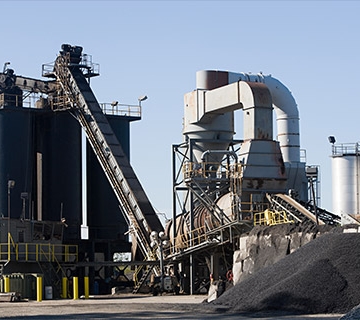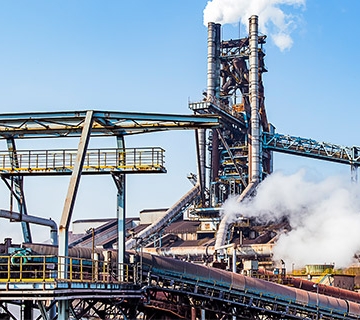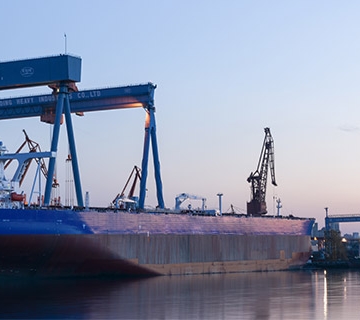Generally speaking, there are two methods for anti-corrosion of boiler induced draft fans. One is the anti-corrosion of the material and the other is the anti-corrosion of the process.
From the perspective of the boiler induced draft fan alone, the process method is not applicable, because the process method is external processing such as lining plastic, which is obviously not feasible. The following will talk about the anti-corrosion treatment method of the boiler induced draft fan from the material aspect.
Generally, the materials with good anti-corrosion effects include various series of manganese steel, 304 stainless steel, 321 stainless steel, etc. These stainless steels have the characteristics of high heat resistance temperature and good anti-corrosion effect. Titanium alloy materials are also effective anti-corrosion materials, but the cost is a bit high. You can decide according to your own situation.
Most of the boiler induced draft fan impellers are made of 30# manganese steel or stainless steel. The boiler exhaust temperature is theoretically 150-200℃. The temperature range is mainly for anti-corrosion, too high will cause waste.
The approximate temperature at which the steel material undergoes a phase change due to temperature is 400°C.
Regarding wear resistance, boiler dust has a great influence on the abrasion of the induced draft fan impeller. Regular cleaning and maintenance of induced boiler induced draft fans (including bearing box and damper flaps) are carried out. However, larger coal-fired boilers are installed The dust collector not only reduces the discharge of dust, but also effectively protects the induced draft fan of the induced boiler and reduces the wear of the impeller.
Remarks: Correct boiler usage methods such as controlling the exhaust gas temperature can also benefit the anti-corrosion work of the boiler induced draft fan.





